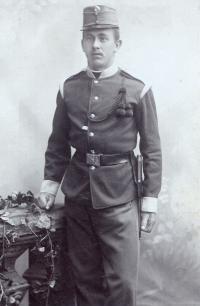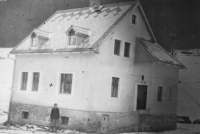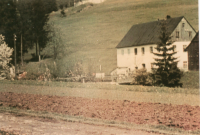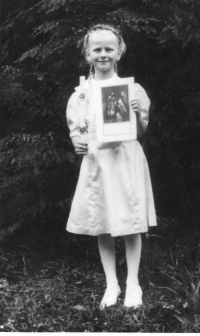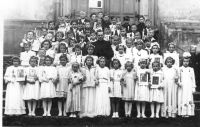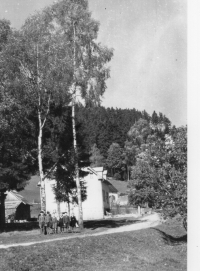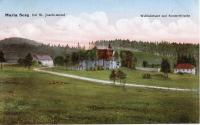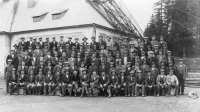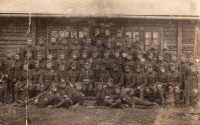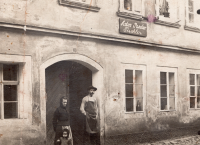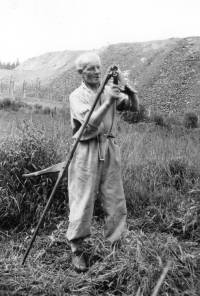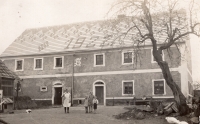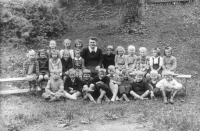They had to stand in the freezing cold and people weren’t allowed to greet them
Download image
Robert Utikal was born on 3 July 1969 in Aš into a mixed Czech-German family. His mother Helga was a Sudeten German, his father Gerhard was born as a descendant of Czech exiles. His mother suffered from her ancestry all her life. His grandparents worked in the mines in Jáchymov, and from his mother’s stories, the witness heard about the cruel treatment of prisoners. He also listened to stories of looting during World War II, violence and ambushes. The family was anti-regime, and the witness brought negative experiences personally from the war. In 2022, Robert Utikal was living in Hazlová.
